One of the challenges in managing a platform built on services and apps, running on different and hardware and software environments, is the integrity of the cryptographic data: current state-of-the-art cryptography is not fully deterministic and can't ensure consistent results in a multiplatform setup.
A virtual machine is an elegant solution to this problem, as it ensures a consistent and deterministic execution of cryptographic functions. Zenroom runs independently from its underlying OS, cause it uses its own built-in pseudo-random number generation function and allocates its memory allocation directly: this combination ensures that complex cryptographical flows can run a variety of platforms.


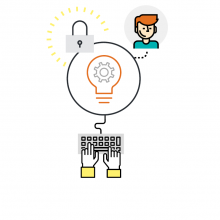
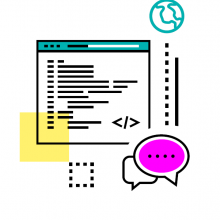
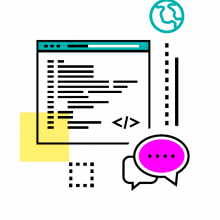

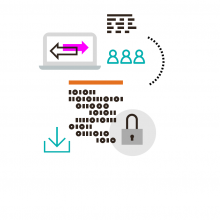
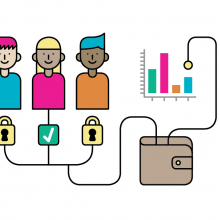

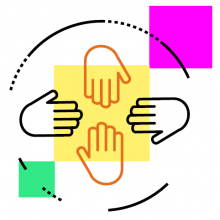
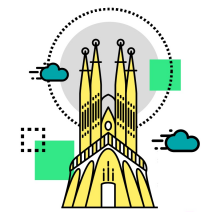

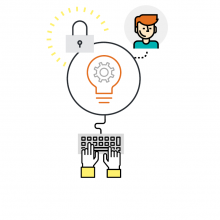
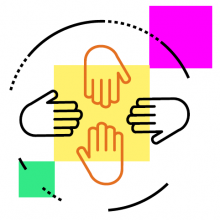
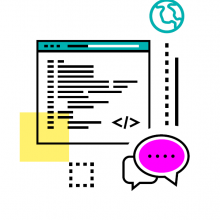
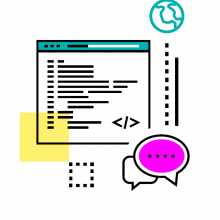
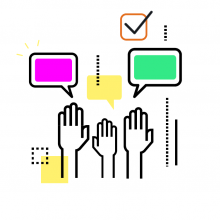
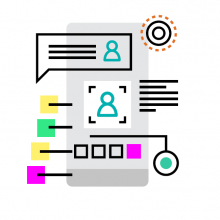
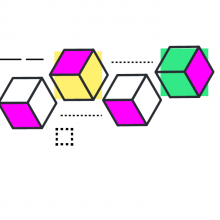
 DECODE was funded by the European Union's Horizon 2020 Programme, under grant agreement number 732546.
DECODE was funded by the European Union's Horizon 2020 Programme, under grant agreement number 732546.